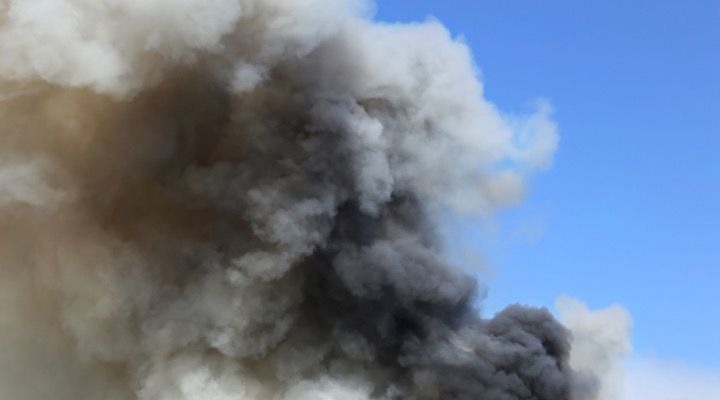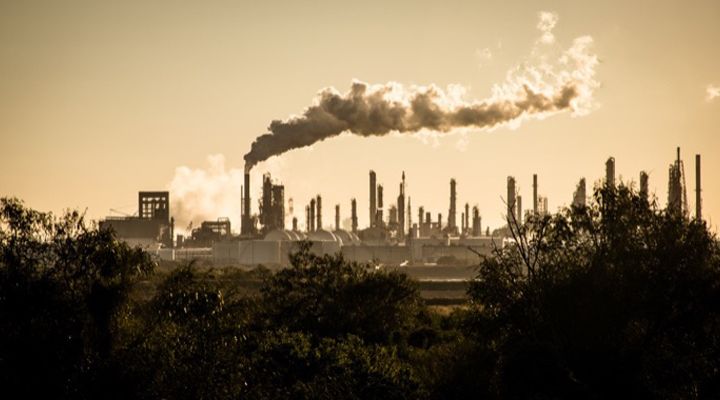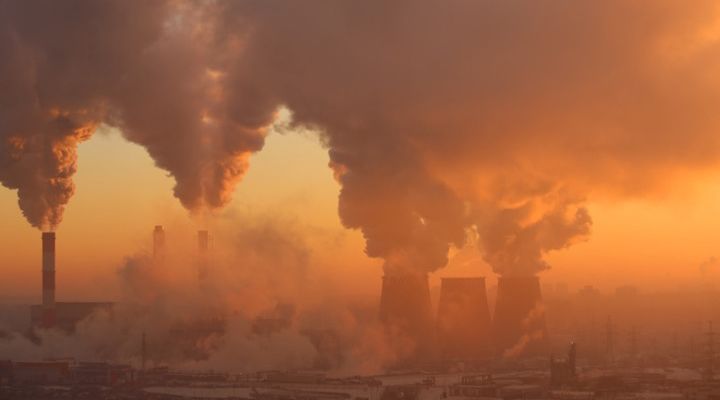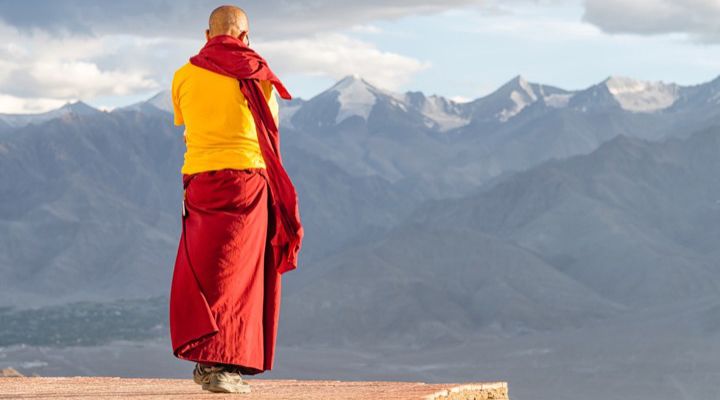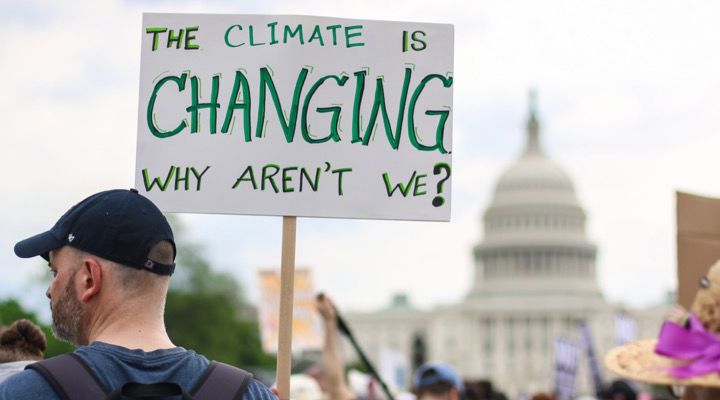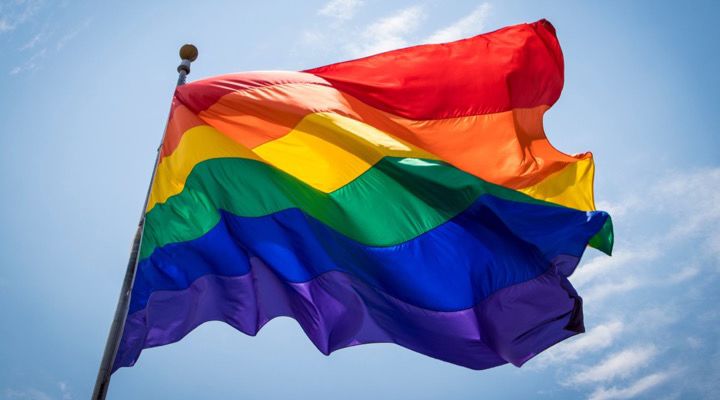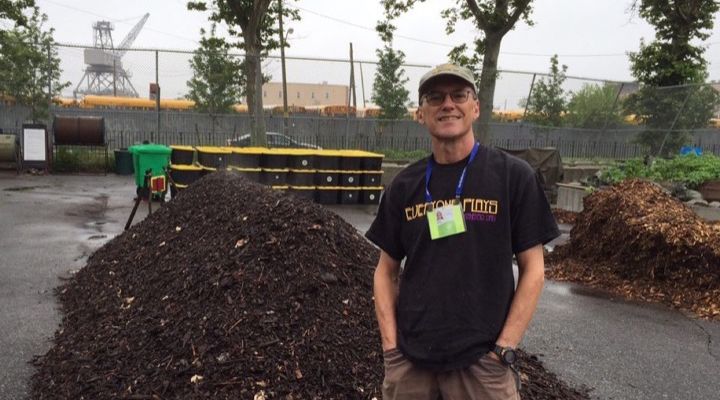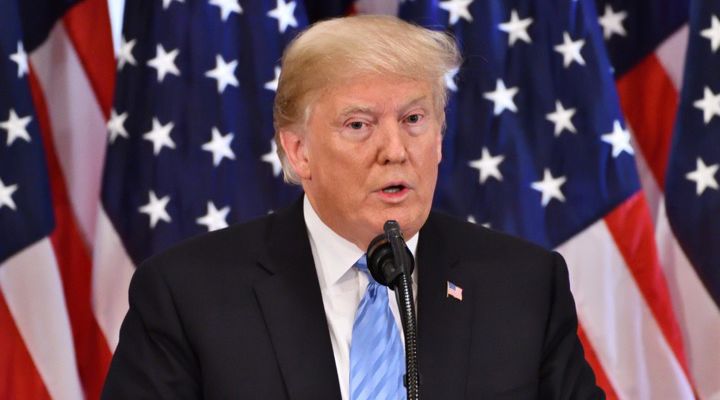The science and evidence over climate change and the damage we are doing to the planet is overwhelming. Yet many deny that climate change is even real and believe there is nothing wrong with the way we are living.
After spending his career fighting for the rights of others, one prominent New York lawyer began fighting to protect the planet. However, when he felt his message wasn’t being heard or taken seriously, he decided to do something drastic to get people’s attention…
An Unusual Smell
On the morning of Saturday, April 14, 2018, joggers and cyclists were making their way through Brooklyn’s Prospect Park to an enjoy their early morning workouts on the first warm Spring morning of the year. Yet the only thing many park-goers noticed was the smell of fire.
The Source Of The Fire
Those in the park’s southwest corner shortly after sunrise on that Saturday were horrified to see that the source of the smell and the smoke that drifted through the air was a burning body. “I rode by (the body) several times,” Rochelle Krause, a witness, shared on Twitter about the disturbing sight.
First Responders Arrive
“The first time I tried to convince myself it was a mannequin. But then the fire department showed up,” Krause added. Local firefighters had received a call about a man on fire near one of the entrances of Prospect Park. They arrived shortly as soon as they could, but it was too late.
Too Late
The man was burned head to toe by the time the FDNY arrived at the park around 6:30 in the morning. “We were a little freaked out,” a jogger told New York Daily News about the seeing the charred body before first responders covered it with a blue tarp. “It took us a little while to process it.”
The Victim
While the body was burned beyond recognition, firefighters found an envelope left inside a garbage bag in a shopping cart near the body. When first responders looked inside, they found two notes. One of which had the victim’s business card identifying him as 60-year-old lawyer David Buckel. “I am David Buckel and I just killed myself by fire as a protest suicide,” Buckel wrote in the shorter, hand-written suicide note left so first responders would be able to identify him. “I apologize to you for the mess.”
The Suicide Notes
The second note in the envelope was a long neatly typed letter that went into more detail about why Bickel chose to end his life. In addition to printing the letter out and leaving it for first responders to find, Buckel also emailed copies of it to several news sources like the New York Times just before setting himself on fire.
A Wake-Up Call
“Pollution ravages our planet, oozing inhabitability via air, soil, water and weather,” Buckel wrote in the typed letter. “Most humans on the planet now breathe air made unhealthy by fossil fuels, and many die early deaths as a result.” In order to wake people up to the damage we are doing to the planet with fossil fuels, he doused himself in a fossil fuel and lit himself on fire as a symbol of what we are currently doing to the environment.
A Final Effort
“Our present grows more desperate, our future needs more than what we’ve been doing,” Buckel said. “My early death by fossil fuel reflects what we are doing to ourselves,” Buckel explained that his extreme form of protest was his last effort to wake people up to the current environmental situation and the need for widespread change to more sustainable living practices.
Sacrificing A Life
“A lifetime of service may best be preserved by giving a life. Honorable purpose in life invites honorable purchase in death. I hope it is an honorable death that might serve others,” said Buckel, who was partly inspired by Tibetans who have set themselves on fire in protest of China’s occupation of their country.
A Call To Action
“This is not new, as many have chosen to give a life based on the view that no other action can most meaningfully address the harm they see,” Buckel said. “Here is a hope that giving a life might bring some attention to the need for expanded actions, and help others give a voice to our home, and Earth is heard.”
A Famous Lawyer
Before his death, Buckel was most well known for being a gay rights attorney and activist. More recently, he also made a name for himself as an ecological pioneer. He worked with both the Marriage Project and also worked for the gay civil rights group Lambda Legal.
LGBT Activist
From around 1995 through 2008, Buckel fought tirelessly for the rights of lesbian, gay, bisexual, and transgender people. Thanks to his hard work, he won a case that ruled that for the first time schools had a responsibility to protect students from anti-gay bullying. The idealistic and committed lawyer also helped pave the way for nationwide marriage equality when he strategized early same-sex marriage cases in New Jersey and Iowa. “The news of David’s death is heartbreaking,” Camilla Taylor of Lambda Legal said in a statement reported by the New York Daily News.
A Passionate Advocate
“David was an indefatigable attorney and advocate, and also a dedicated and loving friend to so many. He will be remembered for his kindness, devotion, and vision for justice,” Taylor added. “He was very passionate, very idealistic,” Evan Wolfson, who worked with Buckel at Lambda Legal, told the New York Times.
Above Average
“David’s personality was such that anything he wanted to do, he would work really hard to understand it, more so than the average person,” Buckel’s husband and partner of 34 years, Terry Kaelber, told the New York Times. In 2008, Buckel retired from Lambda Legal and started becoming increasingly interested in and aware of environmental issues. Buckel became interested specifically in composting because it was something that the everyday person could do to make a difference.
A New Role
He took a composting class at the Brooklyn Botanic Garden and quickly learned everything to know about composting, which takes waste like coffee grinds and food scraps and turns it into enriched soil. The process not only reduces landfill waste but also reduces greenhouse gases.
The NYC Compost Project
Eventually, Buckel became the senior organics recovery coordinator with the NYC Compost Project and worked at the Added Value Red Hook Community Farm. Under his direction, the Brooklyn farm composted 200 tons of organic waste each year. It became one of the largest compost sites in the country that operated without heavy machinery and fossil fuels. Buckel managed to do everything with just solar power, wind power, and manual labor from volunteers.
A Breaking Point
Buckel never gave anyone in his life any indication that he was planning to end his life. However, those closest to him realized he had been getting more frustrated in the time before his death as news broke that the Trump administration and the EPA wanted to roll back rules on emission.
Growing Frustration
“Nobody cares, why does nobody believe it,” Buckel told his assistant and mentee, Domingo Morales. “He was my mentor, my father figure,” Morales told the New York Times. “He touched a lot of people. We didn’t come from privilege, we came from the projects. He was a light in a lot of our lives.”
Buckel’s Legacy
While those who knew Buckel were blindsided and devastated by his protest, they have chosen to focus on his legacy. “He was very much someone who felt like he always wanted to make sure that while he was alive that he was doing more to make the world a better place. And he wanted to give more than he was taking from it,” his partner said.
An Act Of Love
“I think he had a purity of spirit that was not a possibility in this world and that pained him very much,” Marisa DeDominicis, the executive director of Earth Matter who worked with Buckel when he started his work in composting, told the New York Times. “It was very important for him for people to stop feeling that comfort and to stop thinking that everything they’re doing is fine. But I’ve no doubt he wanted his actions viewed optimistically. He wanted this to be viewed as a positive act of love for the planet. I have no doubt in his mind he believed what he was doing was a way to effect positive change.”

